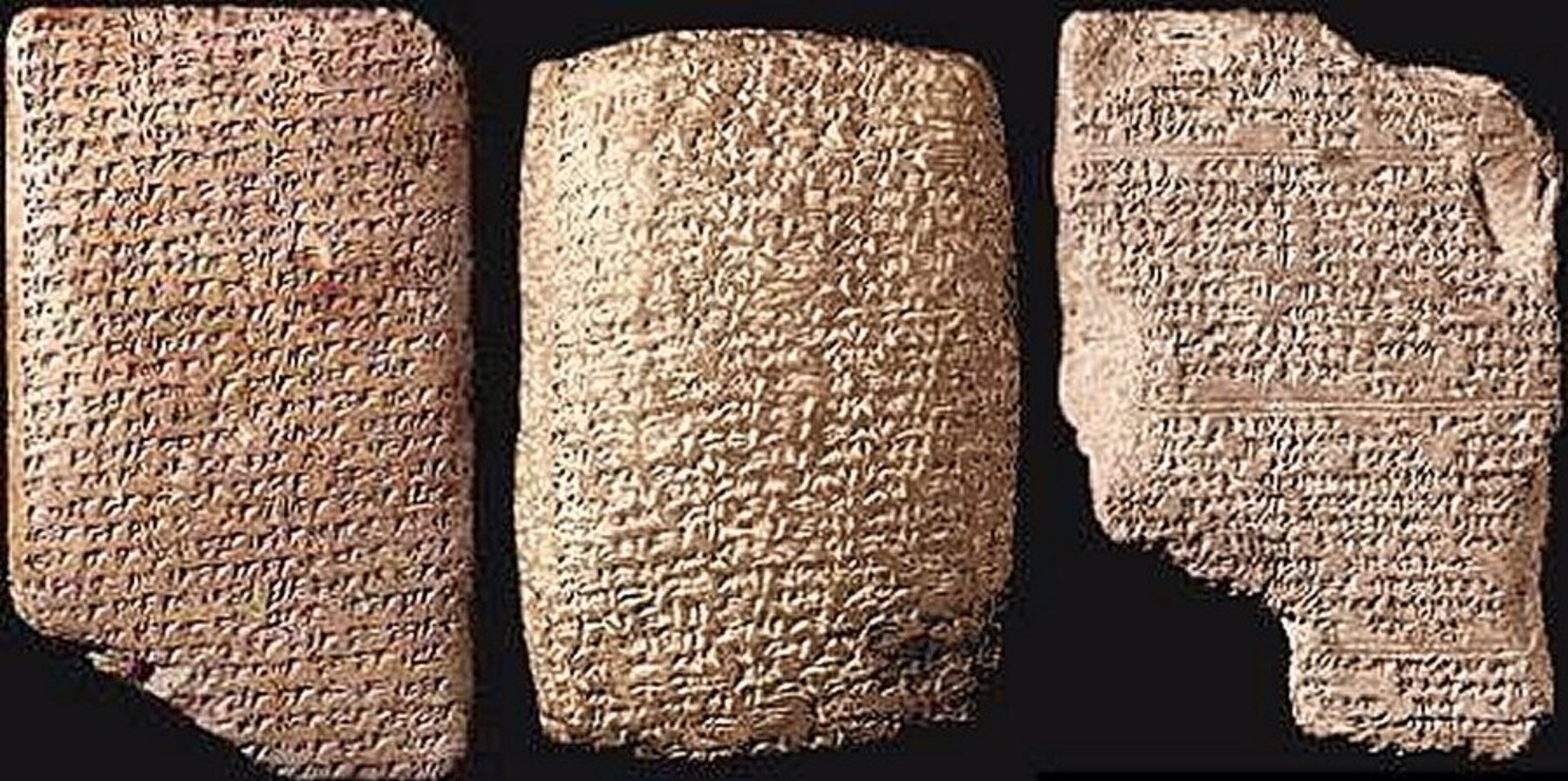The Bible is a complex and multifaceted text that has inspired and challenged readers for centuries. It is a source of religious guidance, historical information, and literary and cultural inspiration. At the heart of the Bible is the language of ancient Hebrew, a rich and complex language that contains the key to unlocking many of the secrets of the text.
The language of ancient Hebrew is essential for understanding the Bible because it contains nuances, subtleties, and cultural references that are often lost in translation. Many words and concepts in the Bible have no exact equivalents in English, and can only be fully understood by studying the original Hebrew text.
One of the most important aspects of ancient Hebrew is its use of root words. Hebrew words are constructed from a three-letter root, with each letter representing a different aspect of meaning. By understanding the root words, readers can gain a deeper understanding of the meaning of a given word and its relationship to other words in the text.
For example, the Hebrew word for "love" is "ahava," which comes from the root word "hav," meaning "to give." This suggests that love is not simply an emotion, but also an action that involves giving of oneself. By understanding the root word, readers can gain a deeper appreciation for the significance of love in the Bible.
Another important aspect of ancient Hebrew is its use of parallelism. Much of the poetry in the Bible is structured around parallelism, in which two lines express related ideas in slightly different ways. By studying the structure of the poetry, readers can gain a deeper understanding of the meaning and significance of the text.
Moreover, the language of ancient Hebrew is closely tied to the cultural and historical context in which it was written. By studying the language, readers can gain insight into the worldview, beliefs, and cultural practices of the people who wrote and lived the Bible.
The language of ancient Hebrew is essential for understanding the Bible. It contains nuances and subtleties that are often lost in translation, and provides insight into the cultural and historical context in which the text was written. By studying the language, readers can unlock the secrets of the Bible and gain a deeper appreciation for its significance and impact on human history. Whether you are a scholar, a student, or a curious reader, studying ancient Hebrew is a valuable and rewarding endeavor that will deepen your understanding of one of the most influential texts in human history.




